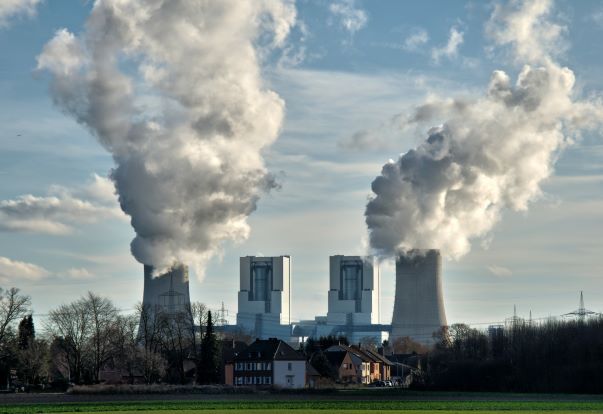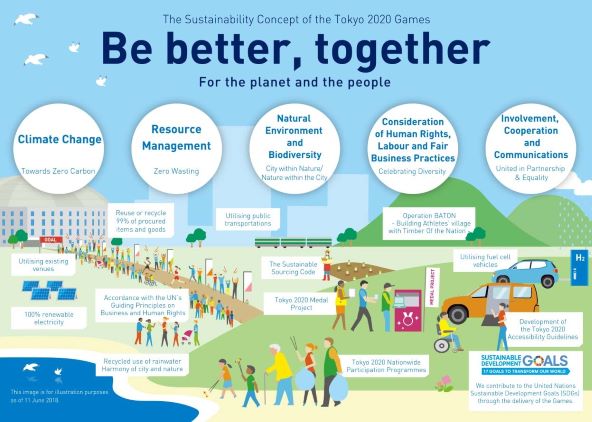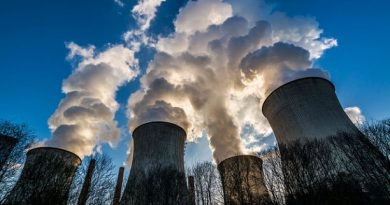Japan Plans To Make All Housing Carbon Neutral
The Japanese government plans to achieve zero-energy status for all housing units in the country by 2050 through promotion of solar power and other energy-saving features, according to reports.
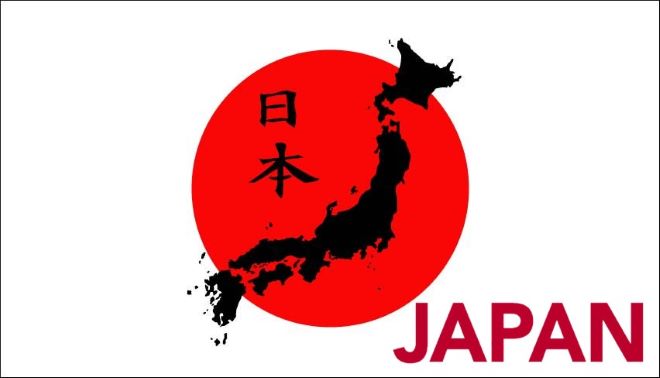 Carbon Neutral Homes soon
Carbon Neutral Homes soon
The goal will be part of a long-term strategy the government is required to map out in accordance with the Paris Agreement, to combat global warming.
Japan is already one of the world’s most energy efficient countries, thanks to efforts by the government and private companies after the 1970s oil shocks. Unfortunately, there has since been a steady rise in energy consumption by buildings due to a growth trend in floor space area and an increase in the number of households. Hence Japan’s CO2 emissions from buildings are now 39% higher than in 1990.
According to a report by Professor Shuzo Murakami, the chief executive of Japan’s Building Research Institute, a 74% reduction in emissions is possible by 2050 if the building and electricity generation sectors cooperate. What’s more, it says, is that a lion’s share of these savings can be achieved in ways that reduce life-cycle costs, thus the reductions can be had with a net benefit rather than cost.
Japan which accounts for 20% of the world’s earthquakes which are a staggering 1,500 tremors every year, wants to construct energy-efficient houses in place of the old houses.
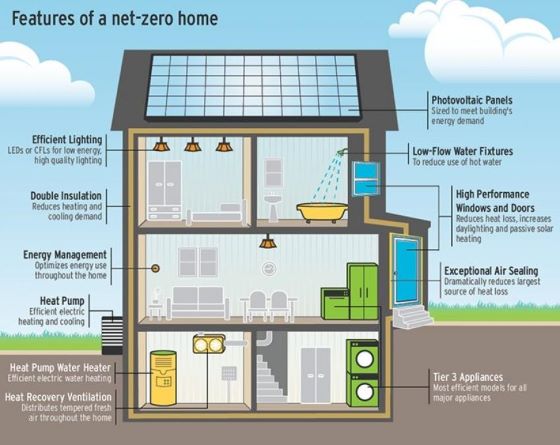
Such housing units are called Net Zero Energy Houses, also known as ZEH. The Japanese government aims for almost all newly built housing units to be ZEHs by 2030, and will promote them through government subsidies and other means. Net Zero Energy Houses are to be realized not only by using solar power, but also with highly advanced features including lower-power lighting and air conditioners as well as increased thermal insulation of walls and windows.
In the strategy, the government will also call for achieving zero-energy balanced status for existing houses units through renovations and other measures. In addition to realizing ZEHs, the Japanese government also will promote the use of car sharing as a norm in people’s everyday lives.
In the energy field, the government will advance development of small nuclear reactors on the condition that safety will be prioritized over all else. In the industry sector, cutting-edge technology will be developed to remove oxygen from iron ore using hydrogen instead of coal, as greenhouse gas emissions by the steel industry accounted for about 15% of overall domestic emissions.
The government will solicit views from the public by late May, and plans to formally adopt the long-term strategy by the time of the Group of 20 major economies summit talks to be held in Osaka in June. Among the Group of Seven major countries, only Japan and Italy have not yet compiled their strategies.


